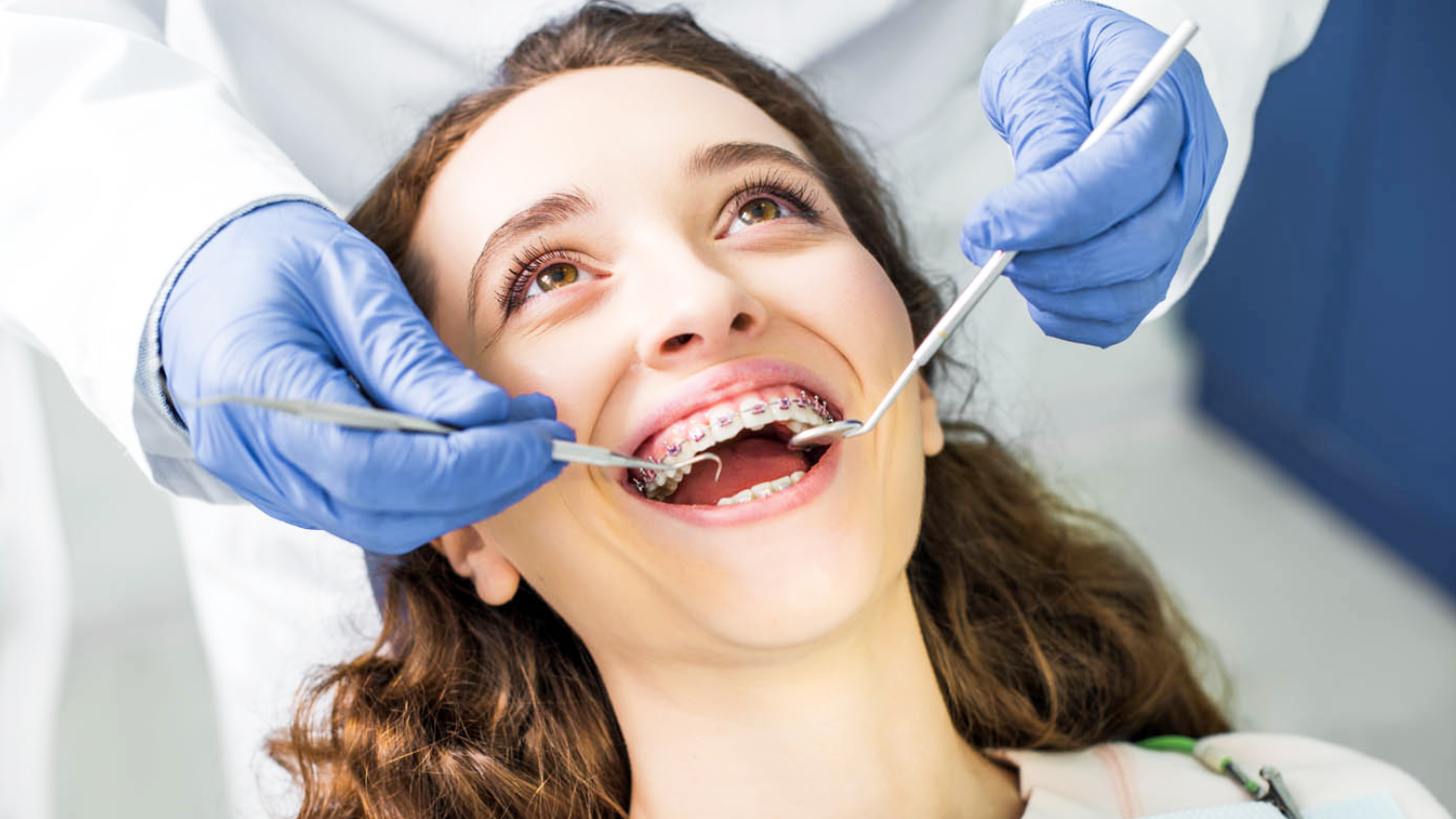The Future of Dentistry Innovations in Minimally Invasive Procedures
Minimally invasive procedures have revolutionized dentistry, offering patients less pain, faster recovery times, and more conservative treatment options one-hour dental implants and the same day dental implants in Chennai. Two cutting-edge technologies that have significantly contributed to the minimally invasive approach in dentistry are laser dentistry and air abrasion. This exploration will delve into the latest techniques and technologies in these fields, highlighting their benefits, applications, and how they are transforming the dental landscape.
Get the Best Dental Implants in Chennai
Soft Tissue Procedures:
The advantage of lasers in these procedures is that they are exact, reducing damage to healthy tissue. This results in less bleeding and quicker healing times for patients.
Hard Tissue Procedures:
Lasers are increasingly used in hard tissue procedures such as cavity preparation and the removal of tooth decay. The precision of lasers minimizes the removal of healthy tooth structure, making it a more conservative option compared to traditional drilling.
Additionally, lasers can stimulate the formation of new dentin, potentially aiding in repairing small cavities without the need for restorative materials.
Pain Management:
Laser dentistry is often associated with reduced pain and discomfort during and after procedures. The laser cauterizes blood vessels and nerve endings, leading to less bleeding and pain. In some cases, anaesthesia may not be required, making dental treatments more comfortable for anxious patients.
Teeth Whitening:
Laser-assisted teeth whitening procedures have gained popularity. Lasers activate whitening agents, enhancing their effectiveness and providing quicker results.
Bacterial Reduction:
Lasers can be used to target and reduce bacteria in periodontal pockets. This can help in the treatment of gum disease and promote gum health.
Lesion Detection:
Lasers can aid in detecting dental caries (cavities) early by measuring the fluorescence within the tooth structure. This allows for early intervention and minimally invasive treatment.
Minimally Invasive Surgery:
Lasers are employed in various minimally invasive surgical procedures, such as frenectomy (the removal of a small fold of tissue) and biopsies, reducing trauma to surrounding tissues.
Orthodontics:
In orthodontics, lasers can assist in exposing impacted teeth by removing overlying gum tissue. This is often done to facilitate orthodontic treatment.
Air Abrasion:
Air abrasion is another minimally invasive dental technique that uses a high-pressure stream of tiny abrasive particles (usually aluminium oxide) to remove tooth decay and prepare teeth for restorative procedures with same-day dental implants in Chennai. It is a gentle and precise alternative to traditional drilling methods, and it offers several advantages:
Conservative Tooth Preparation:
Air abrasion is incredibly precise, allowing dentists to remove only the decayed or damaged portion of a tooth while preserving healthy tooth structure. This minimizes the size of the restoration needed.
Reduced Noise and Vibration:
Unlike traditional dental drills, air abrasion generates minimal noise and vibration, making it a more comfortable experience for patients, especially those who are anxious about dental procedures.
Minimized Heat Production:
Traditional drills can generate heat, which may lead to discomfort for patients. Air abrasion generates very little heat, reducing the risk of tooth sensitivity.
Less Need for Anaesthesia:
Because air abrasion is less invasive and typically painless, patients often require less or no anaesthesia for certain procedures.
Paediatric Dentistry:
Air abrasion is particularly beneficial in paediatric dentistry, as it is less intimidating for children and reduces the need for injections and anaesthesia.
Improved Bonding:
The surface created by air abrasion allows for better bonding of dental materials, resulting in stronger and longer-lasting restorations.
Sealant Placement:
Air abrasion is used for preparing teeth for dental sealants. It ensures that the surface is clean and ready for optimal adhesion.
Minimal Discomfort:
Patients often experience less post-operative discomfort, and recovery times are quicker compared to traditional drilling.
Challenges and Considerations:
While laser dentistry and air abrasion offer numerous benefits, it’s important to note that they are not suitable for all dental procedures. Their use depends on factors such as the specific dental condition, the dentist’s expertise, and the availability of the technology.
Conclusion
Laser dentistry and air abrasion are at the forefront of minimally invasive dental procedures, transforming the way dental treatments are performed. These technologies offer precision, reduced discomfort, and faster recovery times for patients to transform complete teeth sets in Chennai. As technology continues to advance, we can expect even more refined and efficient minimally invasive techniques to emerge, further enhancing the field of dentistry and improving the patient experience. Both patients and dental professionals need to stay informed about the latest developments in these technologies to make the best treatment choices.

Get in touch with us today +91 98400 42039
To Know about our best dental implant cost in Chennai









